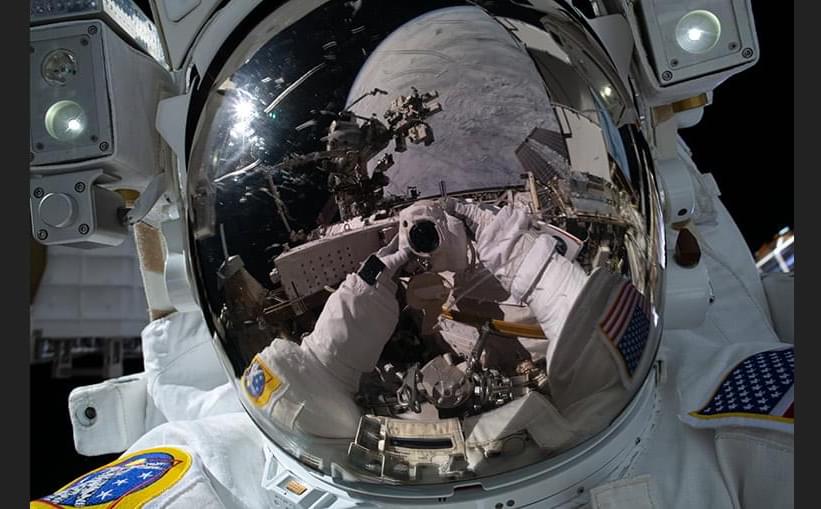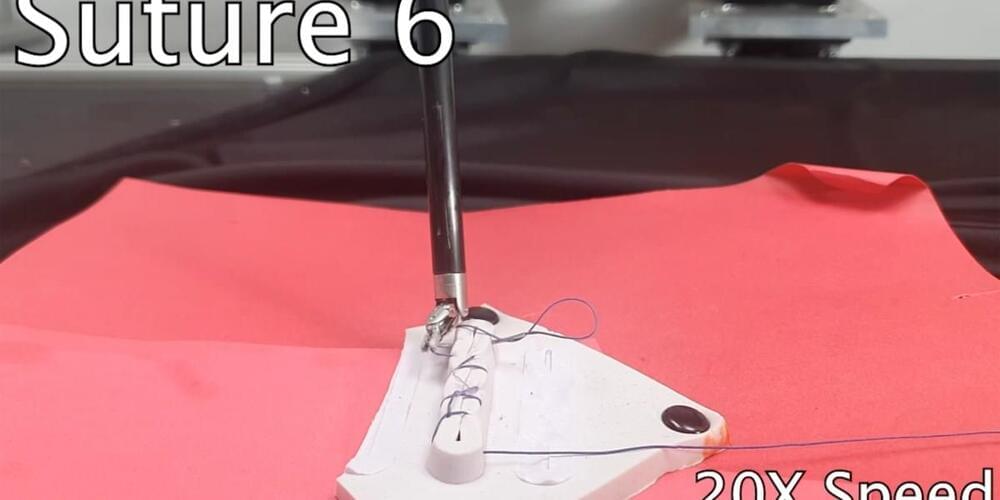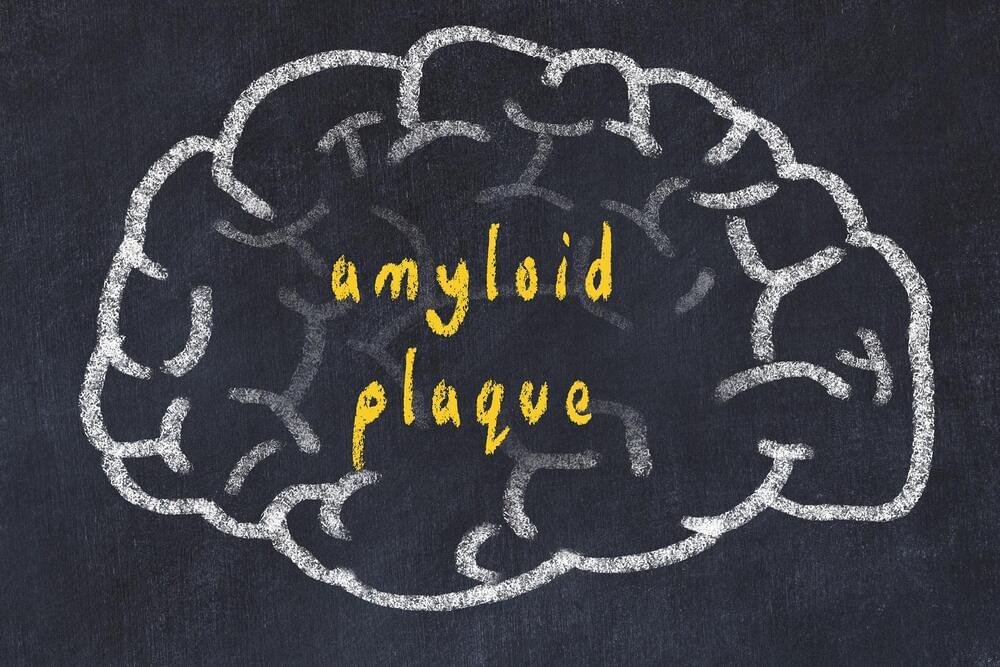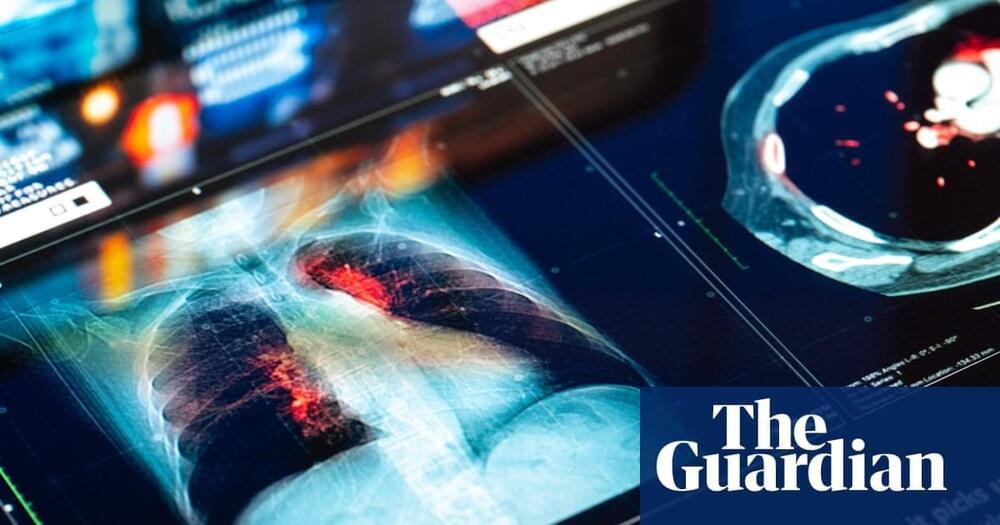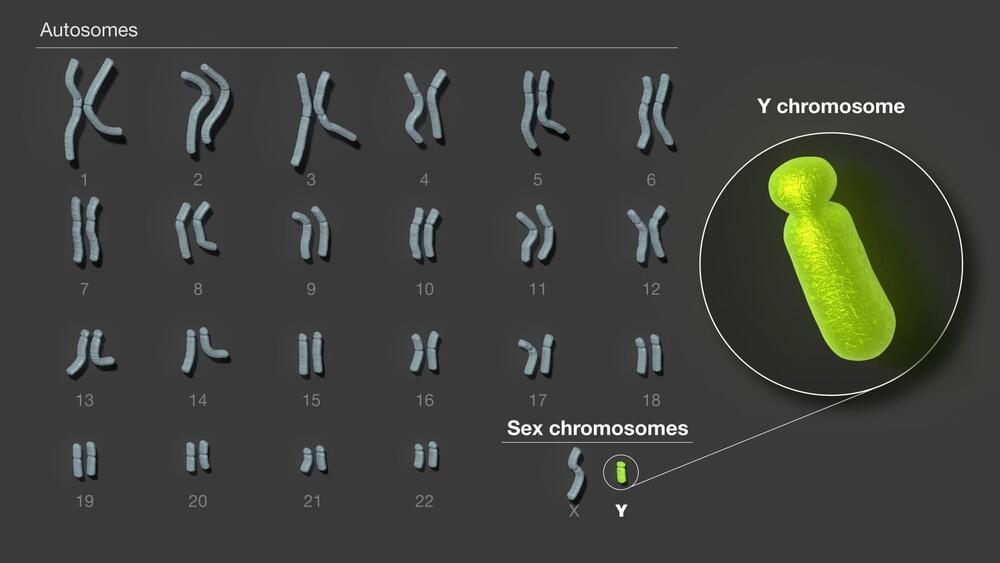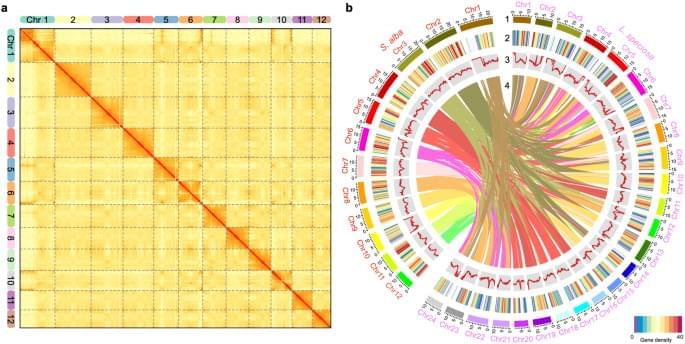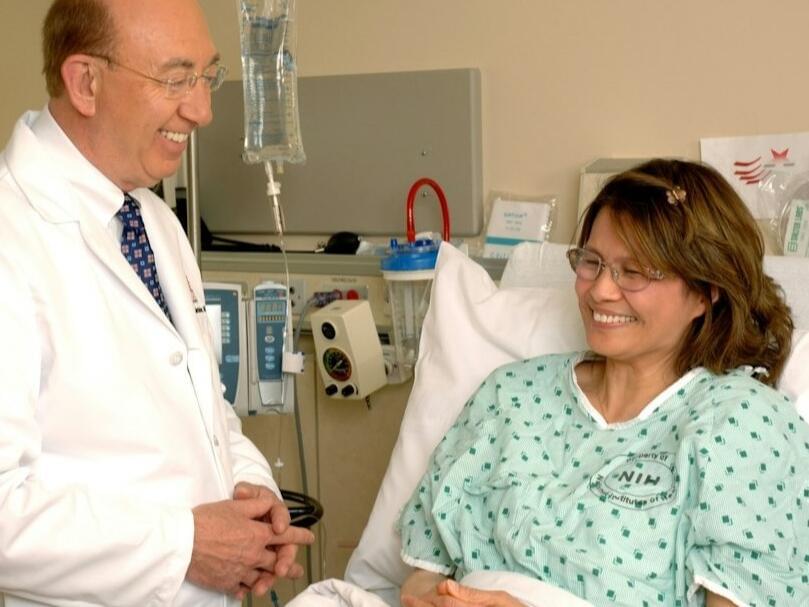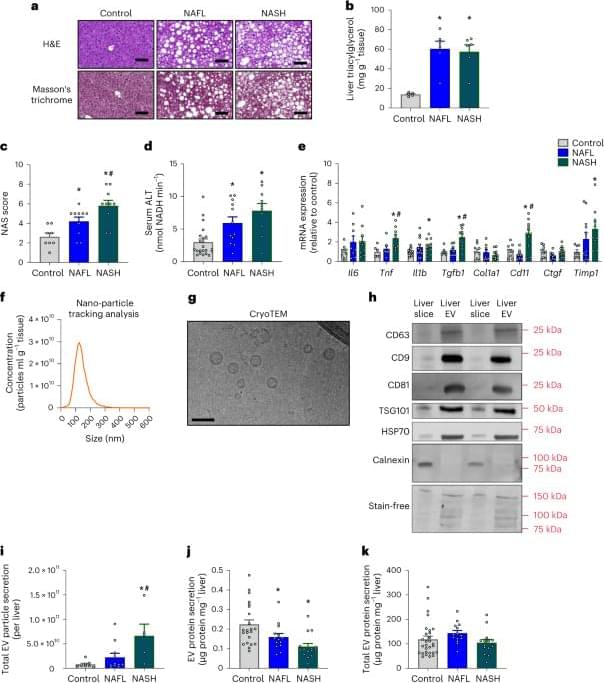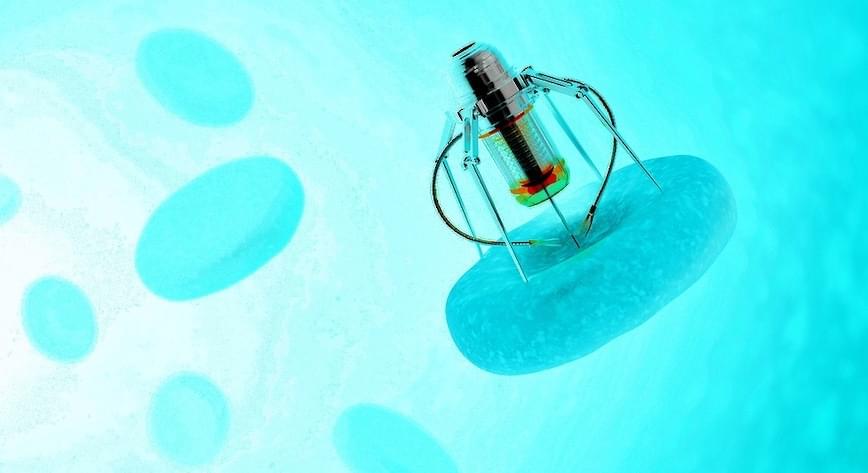The Expedition 66 crew continued preparing today for the first of two spacewalks set to begin next week to continue upgrading the International Space Station’s power system. Vein scans were also on Thursday’s schedule helping scientists understand how living in space affects the human body.
NASA Flight Engineers Kayla Barron and Raja Chari are set to switch their U.S. spacesuits to battery power at 8:05 a.m. EDT on Tuesday and spend six-and-a-half hours installing a modification kit on the space station’s Starboard-4 truss structure. The new hardware will enable the upcoming installation of a third roll-out solar array increasing the station’s power output and augmenting the existing solar arrays.
The duo was joined by fellow station astronauts Tom Marshburn of NASA and Matthias Maurer of ESA (European Space Agency) for a spacewalk procedures review and conference with specialists on the ground. Marshburn and Maurer will assist the spacewalkers in and out of their spacesuits, operate the Canadarm2 robotic arm, and monitor their external activities. Mission managers will talk about the spacewalk, as well as a second one planned for March 23, live on the NASA TV app and the website on Monday at 2 p.m. NASA TV begins its live spacewalk broadcast on Tuesday at 6:30 a.m.
